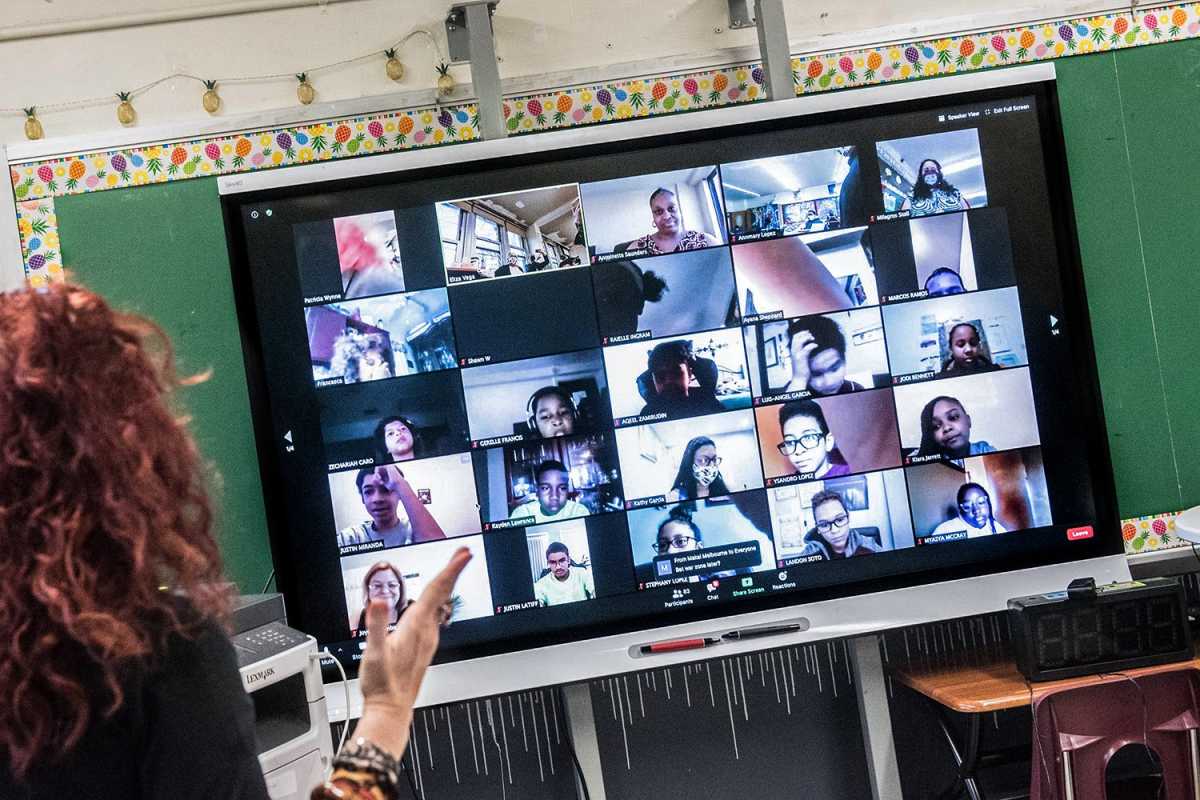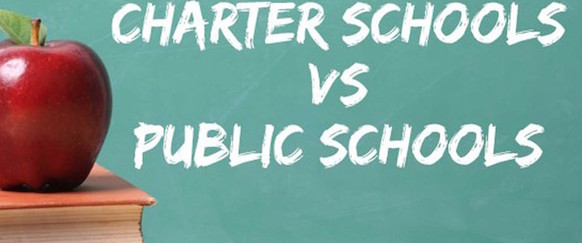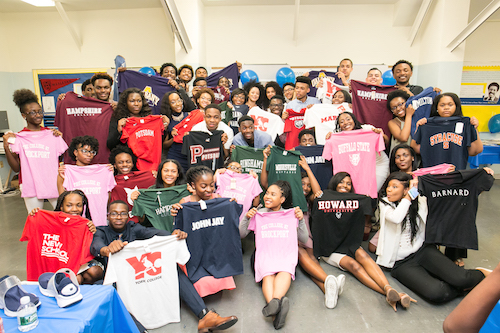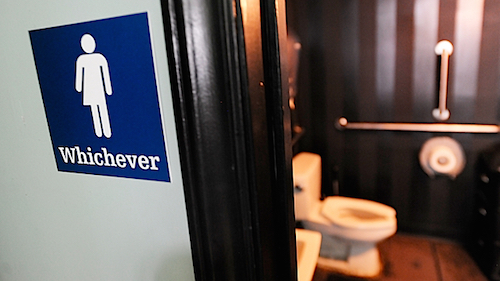A shocking 71,765 public school students being educated through remote learning received the equivalent of a failing grade (called an NX grade) and will not matriculate to the next grade level unless they complete a course in progress by the end of this month.
Of this number, 20,151 are Individualized Education Program (IEP) meaning they have been diagnosed with disabilities and 13,859 of these students are multi-lingual learners.
These were among the startling revelations at a City Council Education Committee over-site hearing yesterday on the impacts of COVID-19 on education.
Among the other findings were 2,600 students are still being located and have not connected to remote learning or in-person classrooms. The Department of Education (DOE) did not provide a demographic breakdown of the chronically absent student population.
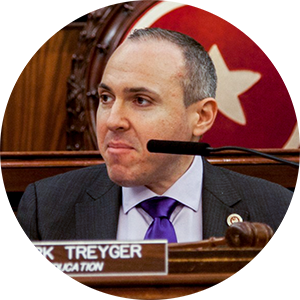
City Councilmember Mark Treyger (D-Brooklyn) chair of the Education Committee, expressed concern directed towards the DOE, who have highlighted an achievement gap in the NYC school systems but have not supported the baseline data to address the setback.
“I still do not think we know the depths of the learning loss experienced by students. Students have missed months of instruction that they will never get back,” he commented.
Students of all ages found themselves facing an onslaught of educational setbacks in March 2020 with the rapid switch to an online classroom forum. Miscommunication led many kids to not having a device or internet throughout the entire spring semester.
One study suggested that the widespread and rapid switch to remote schooling will have negative long-term academic consequences. According to the National Institute of Biotechnology Information (NIBI), teachers have consistently reported that they were unprepared to provide remote instruction and that a large percentage of their students failed to log in to complete assignments.
“We have to account for this learning loss and trauma and need actionable plans to address in the short term and long term,” said Treyger, who does not advocate for the typical model of standardized testing to trace progress but supports the consortium model instead.
“These kids need social-emotional support, internet-enabled technology devices, high-quality remote and in-person instruction, and engaged teachers to help and ensure that they succeed despite the COVID-19 pandemic,” he said.
One of the bright spots during the meeting was that charter schools, not affiliated with the United Federation of Teachers (UFT) union were able to circumvent union mandates to better prepare for remote learning, despite being hampered by the city’s refusal to administer their COVID test and trace program to charter or private schools.
“This has been especially challenging because as charter schools we have been left to figure out how to provide devices, support, training, and remote education platforms to provide this education, From a health and safety standpoint we were also left out of testing and tracing as well as daily symptom tracking,” said Tamika Marcellin, an Uncommon Schools parent and coordinator of student recruitment at the public charter school.
Shawina Garnett-Evans, Head Start Assistant Teacher at Uncommon, announced that they are beginning to open schools for in-person learning between 1/20-1/25.
“They know how important it is for our children to be in school learning with their teachers and classmates – there is nothing that can replace this,” she said.
UFT Vice President of Education Mary Vaccaro said that the union remains committed to continue providing professional learning, technical support, and guidance to teachers and students.
“We need the guidance put out by the DOE to reflect the reality that plays out in our schools during this time of remote and hybrid instruction. And while the DOE finds a way to provide better support with technology for our educators, students and parents, you can continue to count on the UFT Teacher Center to be on the front line,” she said.
The DOE, to date, has delivered 450,000 iPads and has ordered an additional 50,000 to distribute as needed.
But Treyger, a former public school teacher and UFT member, laid the blame for the excessive failure rate on the DOE and government, not the students.
“I still do not think we know the depths of the learning loss experienced by students. Students have missed months of instruction that they will never get back. We have to account for this learning loss and trauma and need actionable plans to address in the short term and long term,” said Treyger.
“No child in NYC should be assigned a failing grade that they don’t have responsibility for. The system has failed them. The government has failed them and that’s who should receive the failing grade, not our children.”
But the DOE noted that of the more than 71,000 students who recived the NX grade in June, this is about 26% less than the number of students who received failing grades the prior year in June 2019. Additionally, some of these students have made up the grades and just haven’t had their transcripts updated, and this work is ongoing until the end of the semester.
At the hearing the Doe’s Chief Academic Officer, Dr. Linda Chen testified the DOE is thinking through giving additional time for individual students who have not been able to complete these courses by the 1/31 deadline due to extenuating circumstances.
“Throughout this pandemic, our educators have been working tirelessly to give our students the tools they need to master grade-level content, while being understanding of the trauma they may be facing. We continue to actively work on targeting instruction to the individual needs of each child so they can be given the greatest opportunity to master the curriculum and material,” said DOE Spokesperson Danielle Filson.
[This story was originally posted on our sister site, Kings County Politics.]


